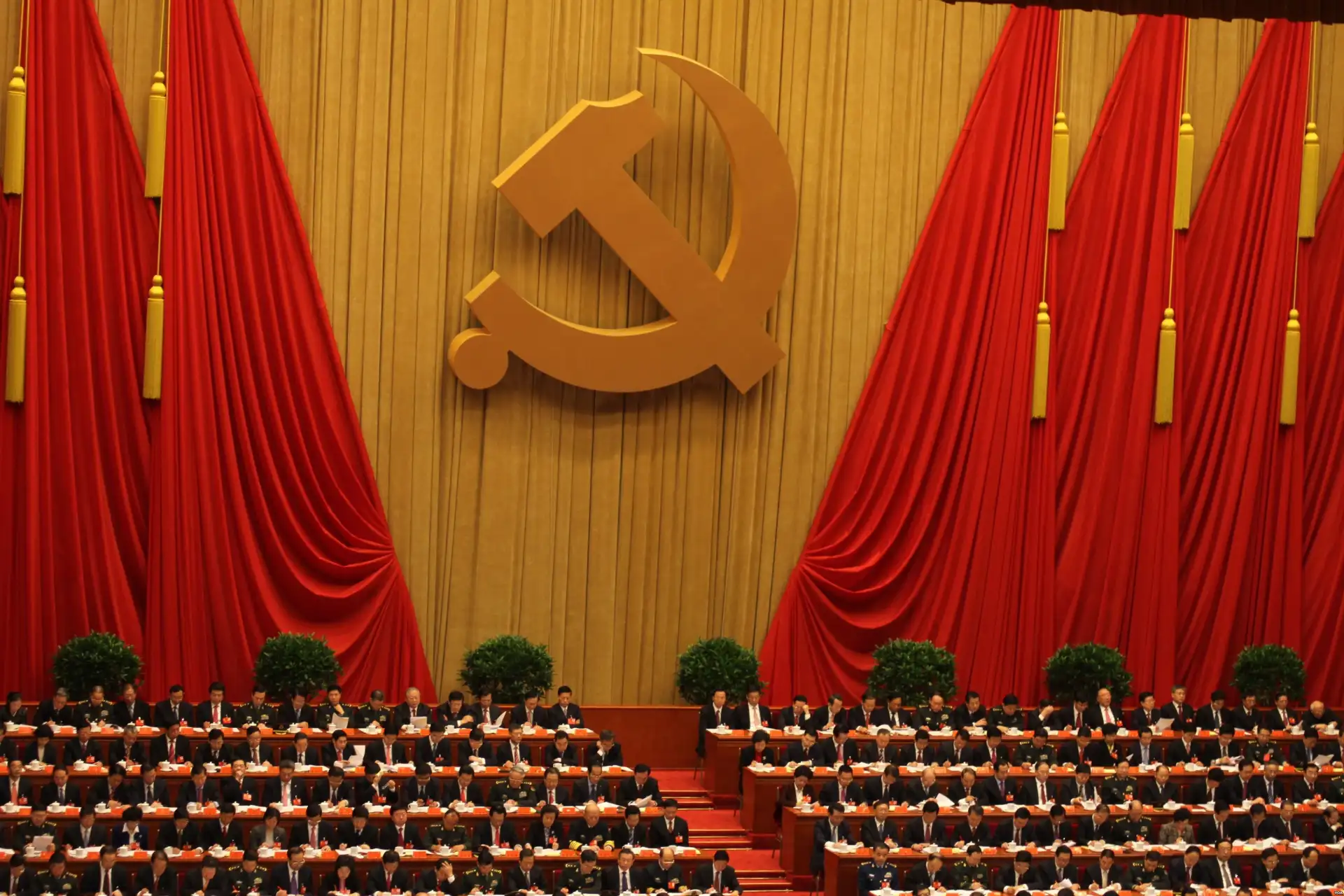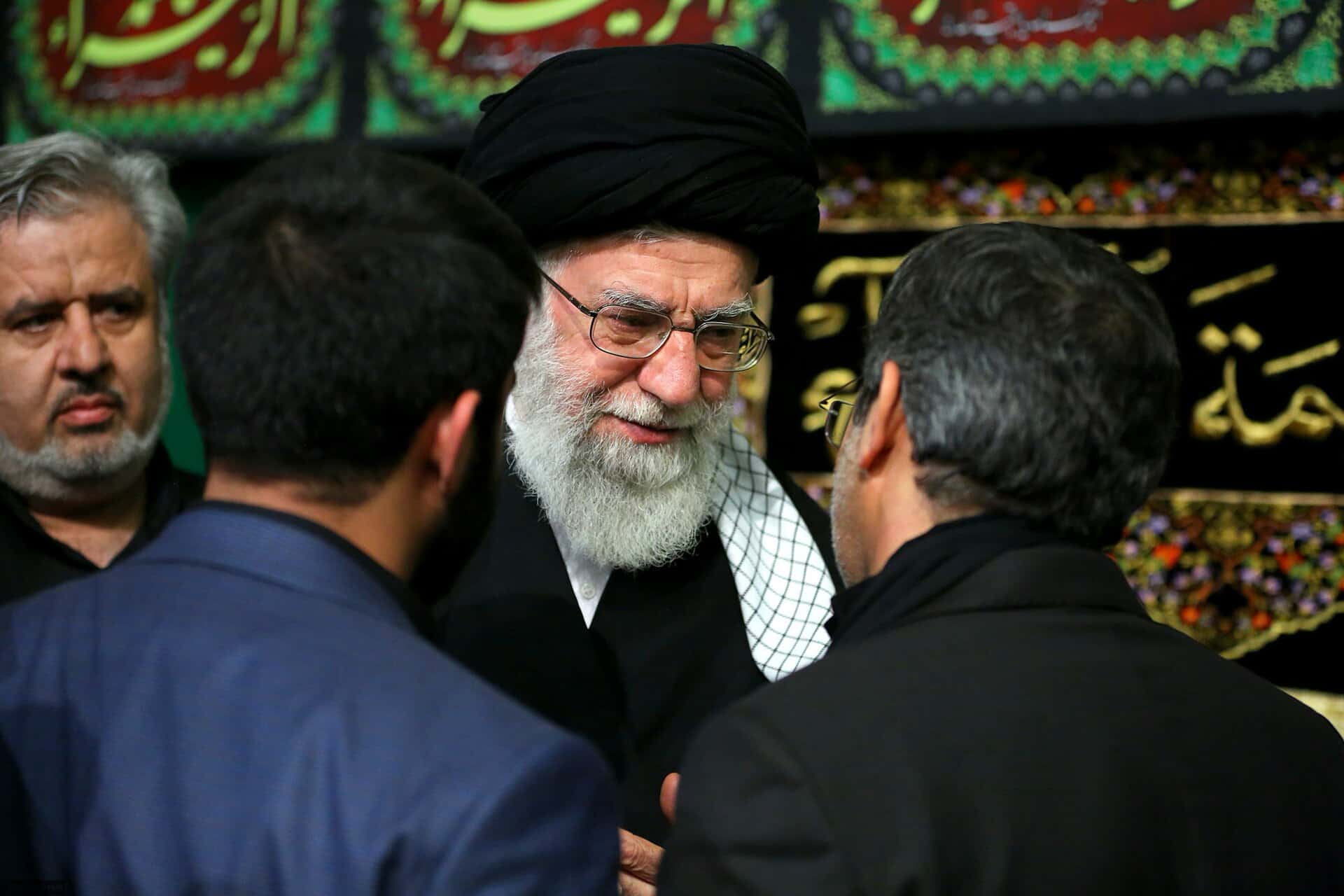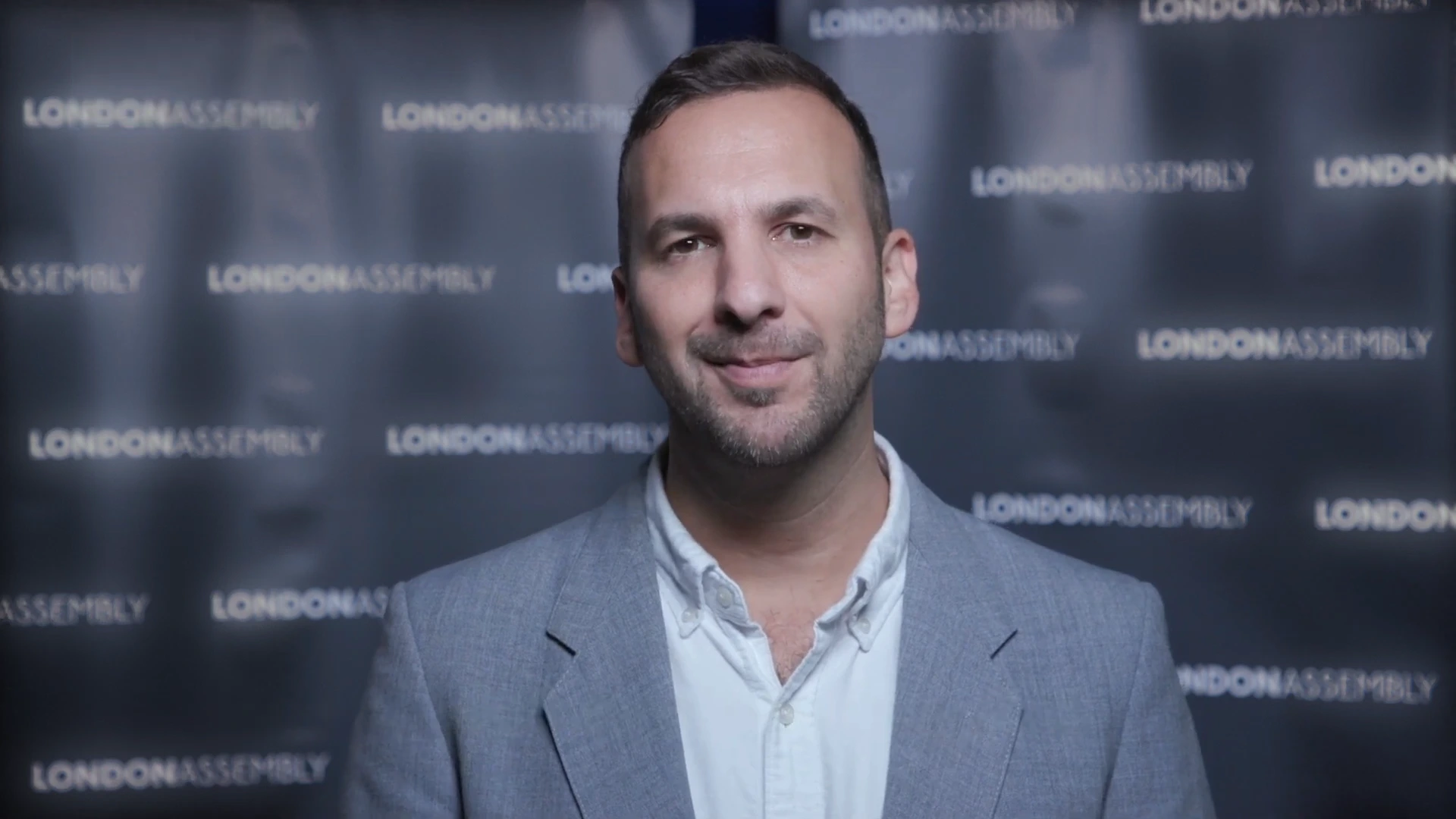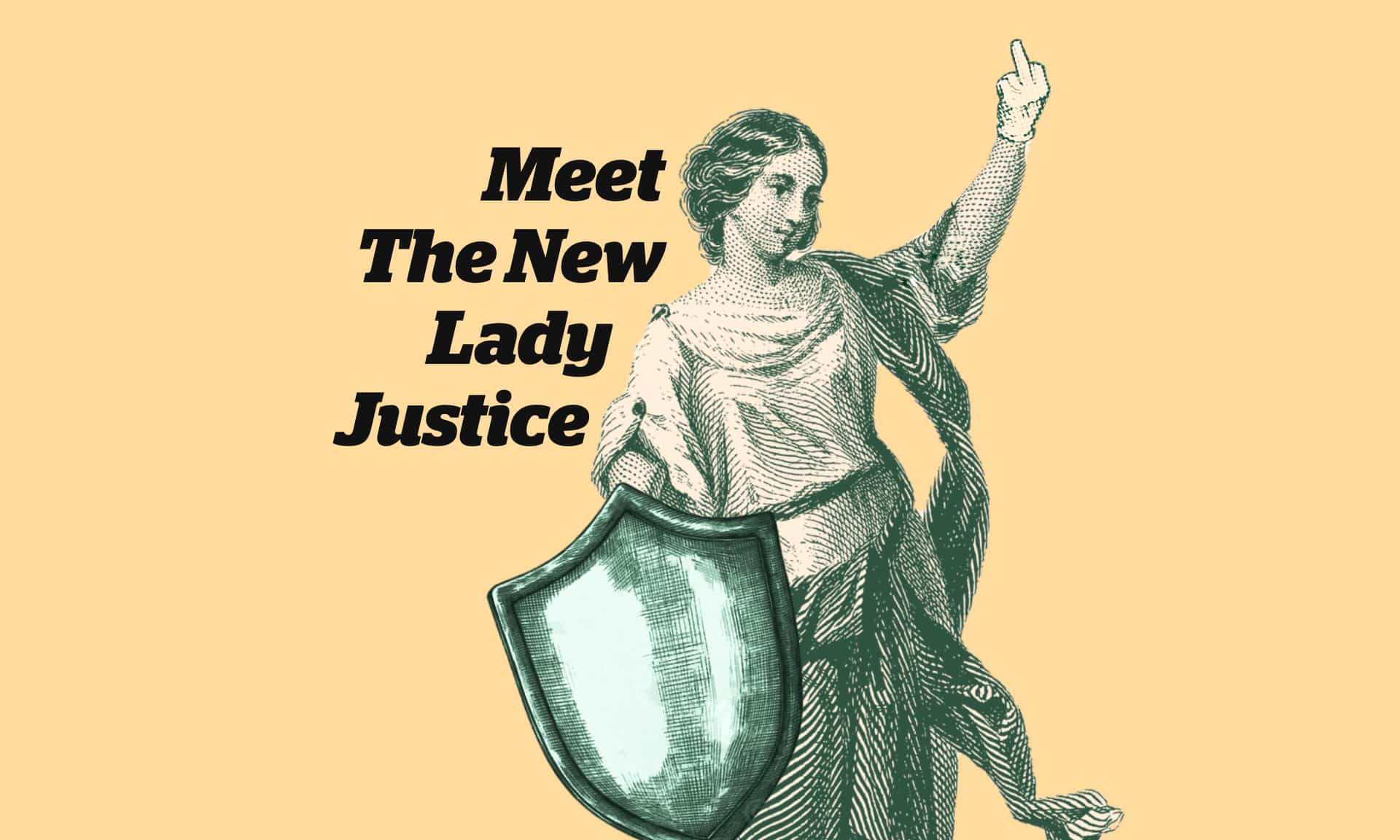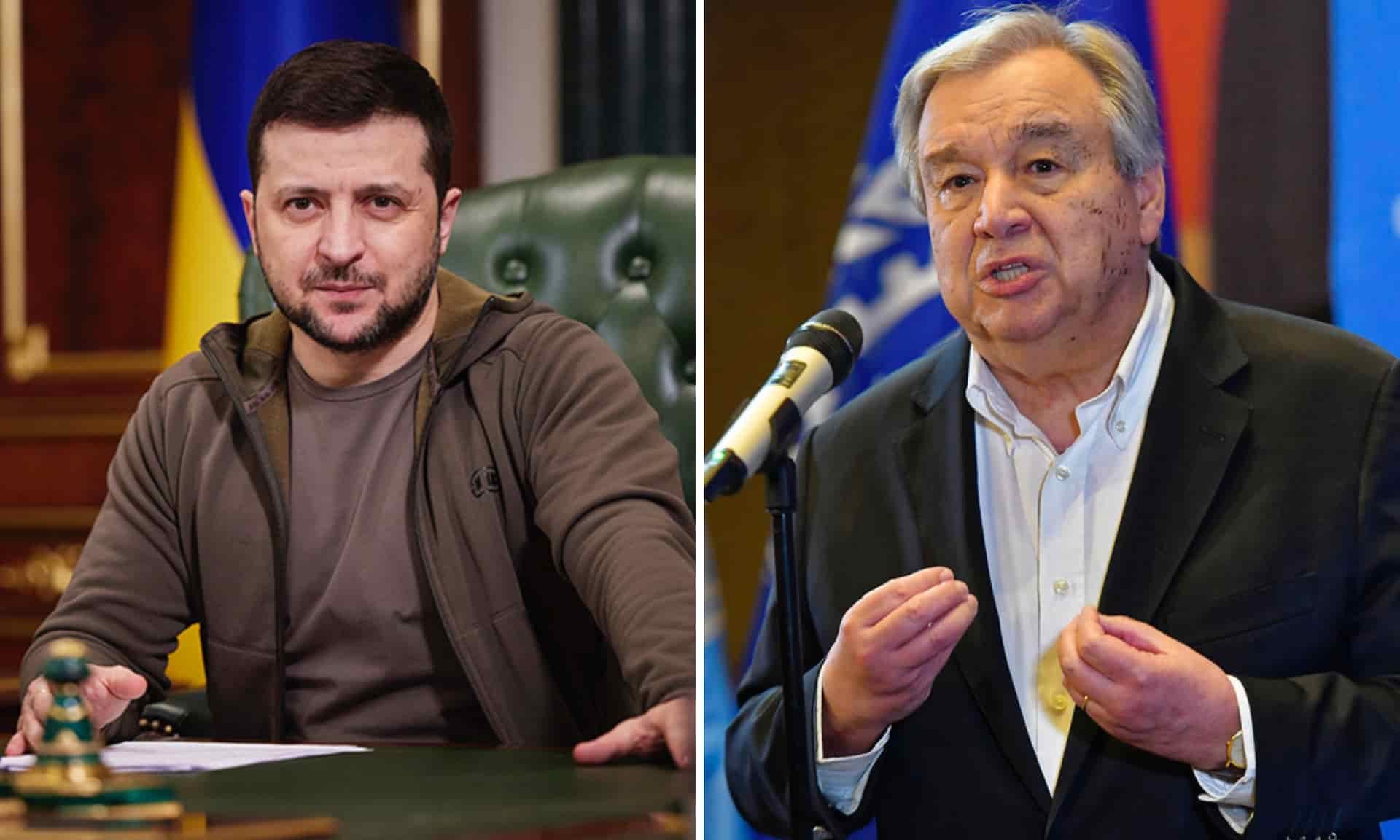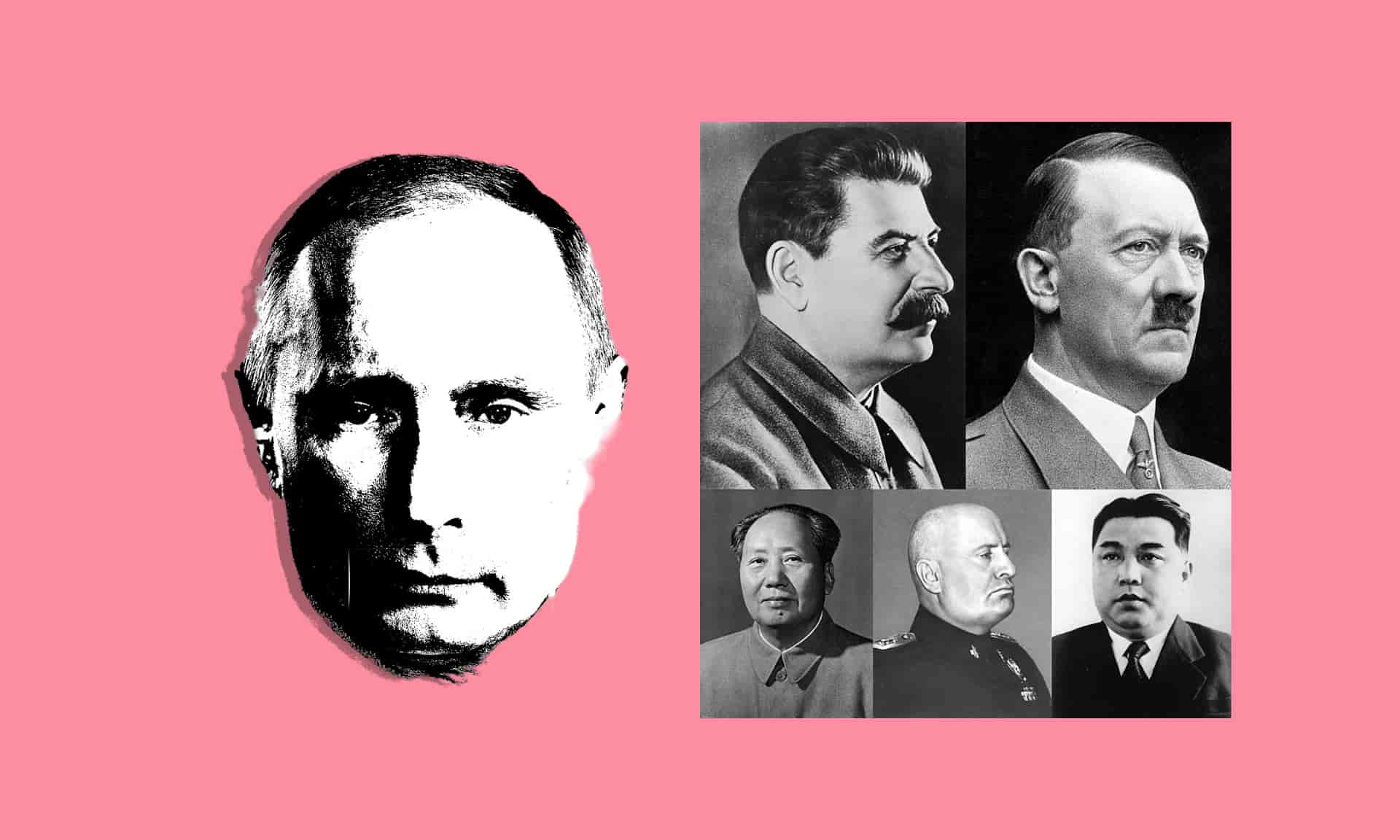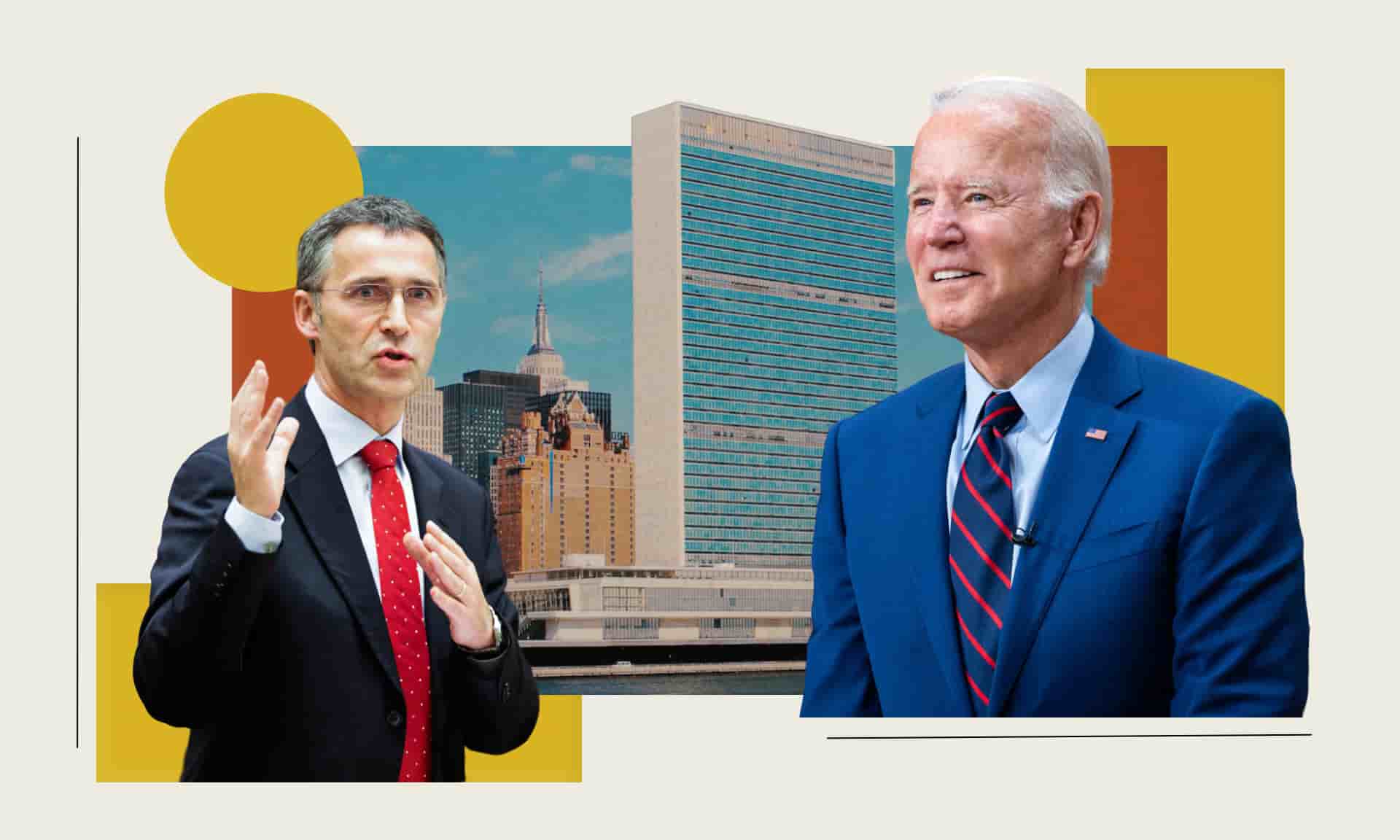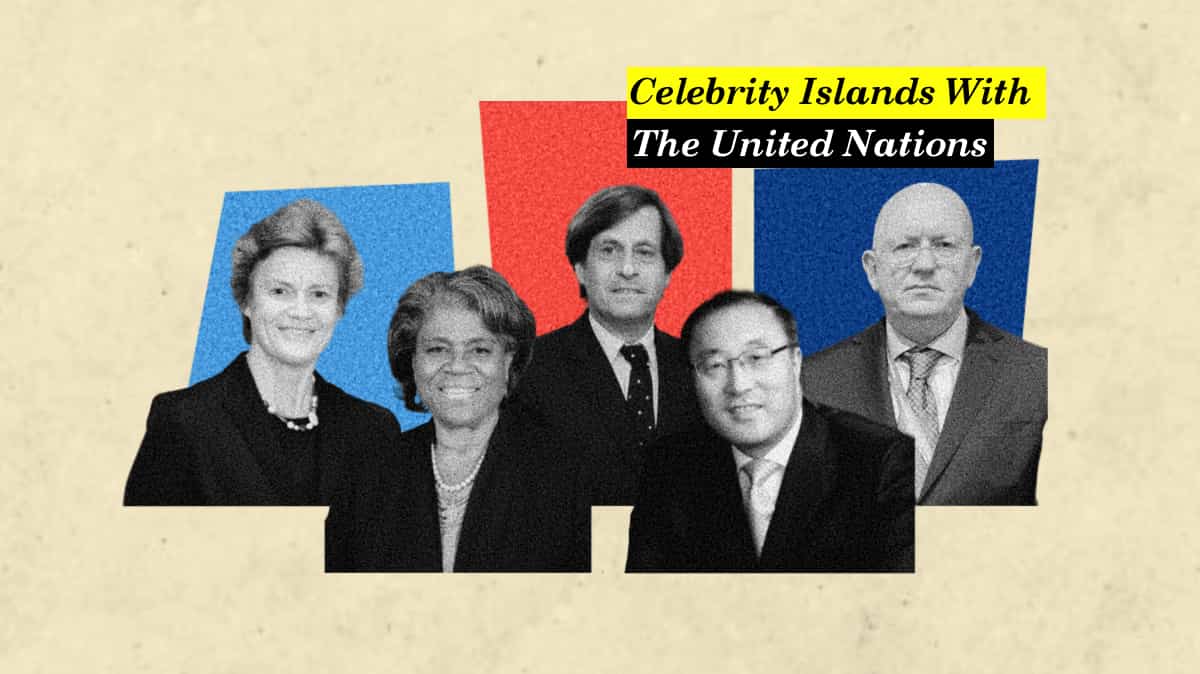Michelle Bachelet's visit to China: "Unacceptable" is a missing word from the UN's arsenal
Sadly, “concerns” is one of the strongest words in the United Nations’ arsenal, only a notch or two below “unacceptable”- its primary weapon – which, to no one’s surprise, was not used during this visit.
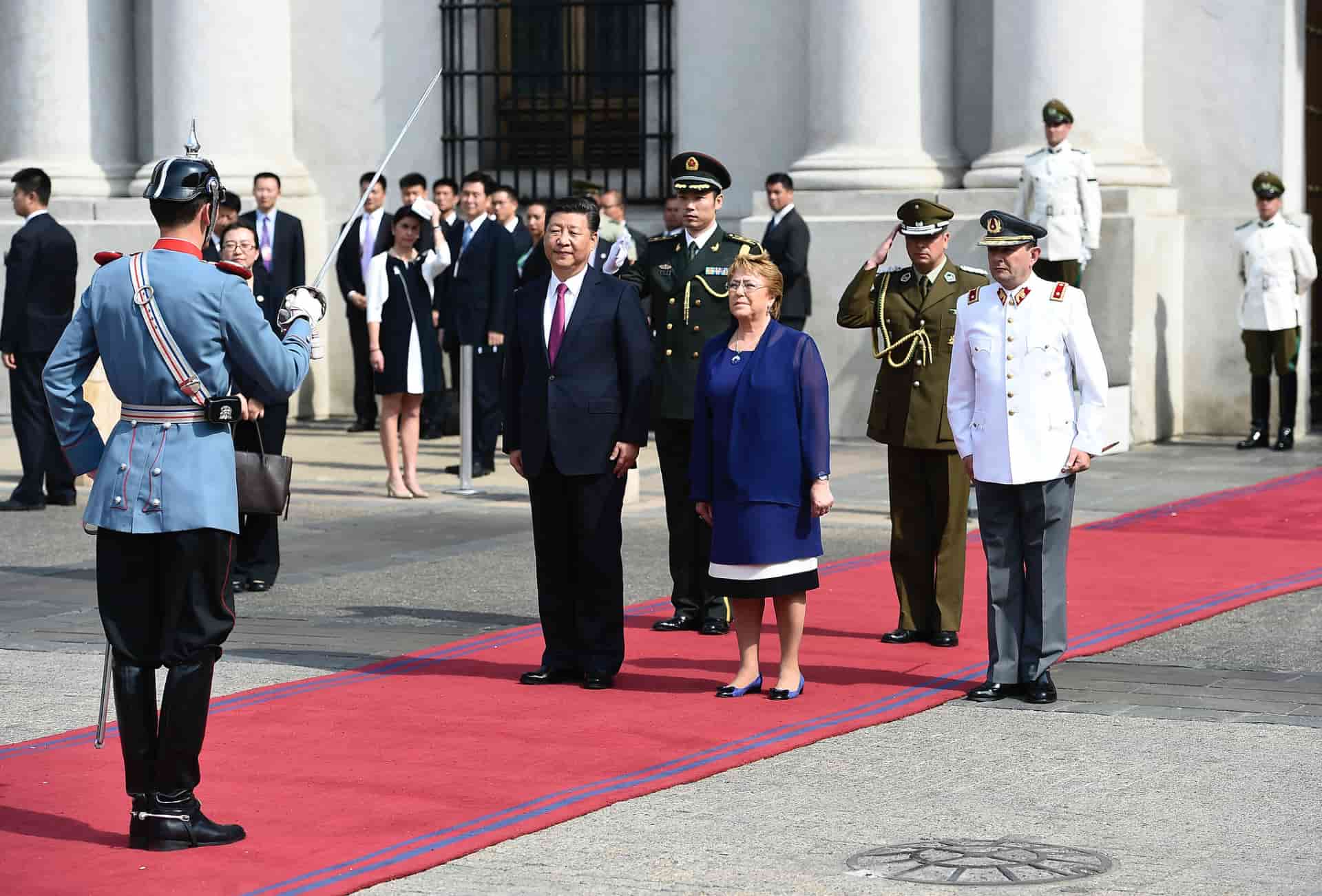
On May 28, Michelle Bachelet, the UN High Commissioner for Human Rights, ended a six-day official visit to China. The trip was controversial from the start as critics claimed it would gloss over Beijing’s human rights abuses. On May 29, the UN issued a press release aimed at addressing some of these concerns, particularly with regards to the crackdown on political freedoms in Hong Kong, the governance of Tibet and the treatment of the Uyghurs in Xinjiang.
Regarding the latter, the statement mentioned areas of concern raised by the Commissioner, such as “concerns” around the actions that were being taken by China “to counter-terrorism and radicalism” and questions about China’s implementation of “counter-terrorism and deradicalization measures under broad application” which were having an impact on the right of Uyghurs and other predominantly Muslim minorities”. The statement also said that: “Ms. Bachelet encouraged the Government to review all of its counter-terrorism and recapitalization policies to ensure they align with international human rights standards and are not applied in arbitrary and discriminatory ways.”
As for Honk Kong and Tibet, which the Commissioner recognised as “other parts of China”, Bachelet emphasised dialogue and participation.
Sadly, “concerns” is one of the strongest words in the United Nations’ arsenal, only a notch or two below “unacceptable”- its primary weapon - which, to no one’s surprise, was not used during this visit. It was precisely this predictable discretion, bordering on deference, that aroused the many objections to the trip, including criticism from the US government. There were also fears, which proved to be justified, that Beijing would promote the visit as a tacit endorsement of its methods.
It is a fact that since Xi Jinping became the leader of China, the country has taken a sinister turn for the worse with regards to a range of human rights. This is no secret. The leaked document highlighting abuses in Xinjiang that date back to 2018 (including a shoot-to-kill policy for anyone trying to escape the “re-education camps”) which was published by a consortium of media outlets during Bachelet’s visit, only underscored what was already common knowledge. Perhaps some victims of China’s authoritarian policies may be grateful for the little mercies coming from the United Nations; UN-aligned believes they deserve better.


